Top FAQs
In addition to ensuring that your employees are paid correctly and on time, "Payroll" has numerous time and reporting requirements. The primary payroll areas include paychecks, reporting, operations, and management.
Payroll is much more than just handing out paychecks, and includes a variety of responsibilities such as handling garnishments, travel pay, multi-state taxation, unclaimed paychecks, and much more in a timely and accurate fashion.
While many payroll-related regulations are federally-governed, there also are many state requirements, including those for handling garnishment, final paychecks, and unclaimed paychecks. Each state's requirements differ in the details, so be sure to check your state's requirements by clicking the applicable link(s) at the bottom of this page.
Payroll Administrators must be able to:
- Properly "classify" workers
- Apply the various exemptions
- Calculate gross pay and properly make deductions
- Correctly identify, pay, and withhold taxes for employees
- Administer deferred compensation, cafeteria plan, sick pay, and other compensation
- Handle stock options, expense reimbursements, relocation, and other "expenses"
- Follow the proper policies, procedures, and documentation requirements for garnishments and levies
- Properly complete and file all required reporting requirements
- Correctly complete year-end requirements and establish year-beginning requirements
- Implement and maintain fraud, audit, disaster recovery, and record retention processes and procedures
In business since the mid-1990's, we have over 25 years of experience delivering high-quality training content via seminar, webinar, online, and other formats. Each of our courses are delivered by an industry expert who will share his or her years of experience to help you be in compliance, smarter, and more productive, and almost all offer SHRM and HRCI credits.


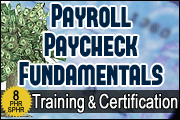
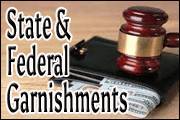
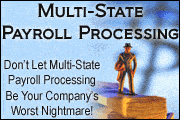

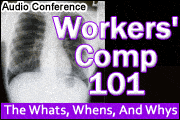
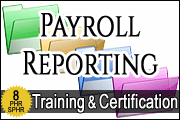
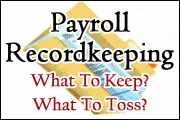

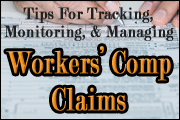

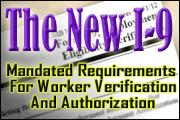
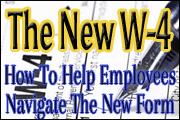
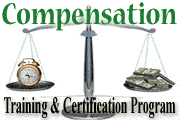
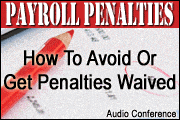



 Certifications
Certifications Worker Classification
Worker Classification Paycheck Requirements
Paycheck Requirements Garnishments
Garnishments Reporting Requirements
Reporting Requirements Investigations
Investigations Multi-State Taxation
Multi-State Taxation Payroll Recordkeeping
Payroll Recordkeeping Certified Payroll Administrator
Certified Payroll Administrator Certified Payroll Manager
Certified Payroll Manager All Others
All Others Payroll Seminars
Payroll Seminars Payroll Webinars
Payroll Webinars

